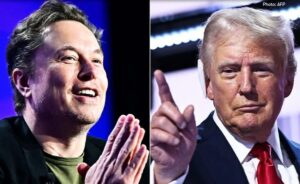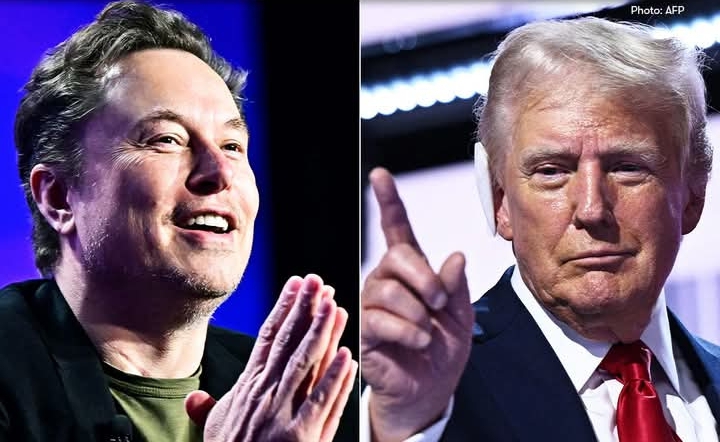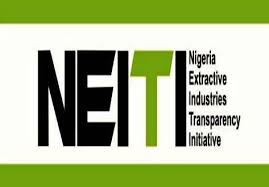
By Adeyemi Adekunle
President Donald Trump has appointed billionaire entrepreneur Elon Musk to lead a new initiative aimed at uncovering “hundreds of billions of dollars of fraud” within U.S. federal agencies.
Speaking during a Fox News interview aired just before the Super Bowl, Trump emphasized the urgency of rooting out wasteful spending, claiming that the American public desires a government that is more accountable and efficient.
Musk, known for his leadership roles at SpaceX and Tesla, has become an integral part of Trump’s cost-cutting efforts, having been designated to head the newly formed Department of Government Efficiency (DOGE).
The administration has wasted no time since Musk’s appointment, implementing sweeping changes designed to streamline government operations—changes that are already raising eyebrows among critics and advocacy groups.
“Our goal is to find billions, hundreds of billions of dollars of fraud and abuse, and the people elected me on that,” Trump stated, indicating his commitment to reforming the federal budget. The President’s tenure has seen a flurry of executive orders aimed at slashing expenditures, a reflection of his long-standing promise to reduce government inefficiency.
Musk’s initial actions have focused on the U.S. Agency for International Development (USAID), where reports suggest significant layoffs are underway as part of drastic cost-cutting measures. Critics have expressed deep concern about the implications of these layoffs, warning that they could have detrimental effects on essential foreign aid programs and international relations.
The DOGE initiative has further incited alarm among privacy advocates, as it has gained access to sensitive personal and financial data of millions of Americans through the U.S. Treasury. This has sparked legal action; a federal judge temporarily halted the administration’s plans to place 2,200 USAID employees on paid leave. Another judge swiftly moved to block DOGE’s access to payment systems, emphasizing the need for oversight and protection of citizens’ data.
In his interview, Trump hinted at further targets for the cost-cutting crusade, with the Department of Education being the next focus. “Then I’m going to go to the military,” Trump reiterated, signaling a thorough investigation into defence spending—a sector with a budget approaching $850 billion. Such declarations highlight the administration’s aggressive approach to balancing the federal budget, but they also raise questions about the potential impact on vital public services and national security.
Musk’s role in this government overhaul has drawn criticism, particularly given his company’s substantial financial ties to the government. Lawmakers, including House Democrat Mark Pocan, have raised concerns about the optics of someone with billions in government contracts overseeing a reform intended to hold agencies accountable.
As this ambitious restructuring unfolds, both supporters and detractors will continue to closely monitor the outcomes of Musk’s initiatives. Proponents argue that Musk’s innovative approach could inject much-needed efficiency into government operations, while critics worry that the administration’s tactics may compromise essential services and transparency.
As Trump intensifies his campaign to eliminate fraud and waste, the intersection of business and government continues to come under scrutiny.
Whether this initiative will yield the extensive savings Trump promises or further complicate government operations remains to be seen. The next few weeks could prove pivotal in determining the efficacy of this bold strategy, as legal challenges and public backlash loom large on the horizon.




